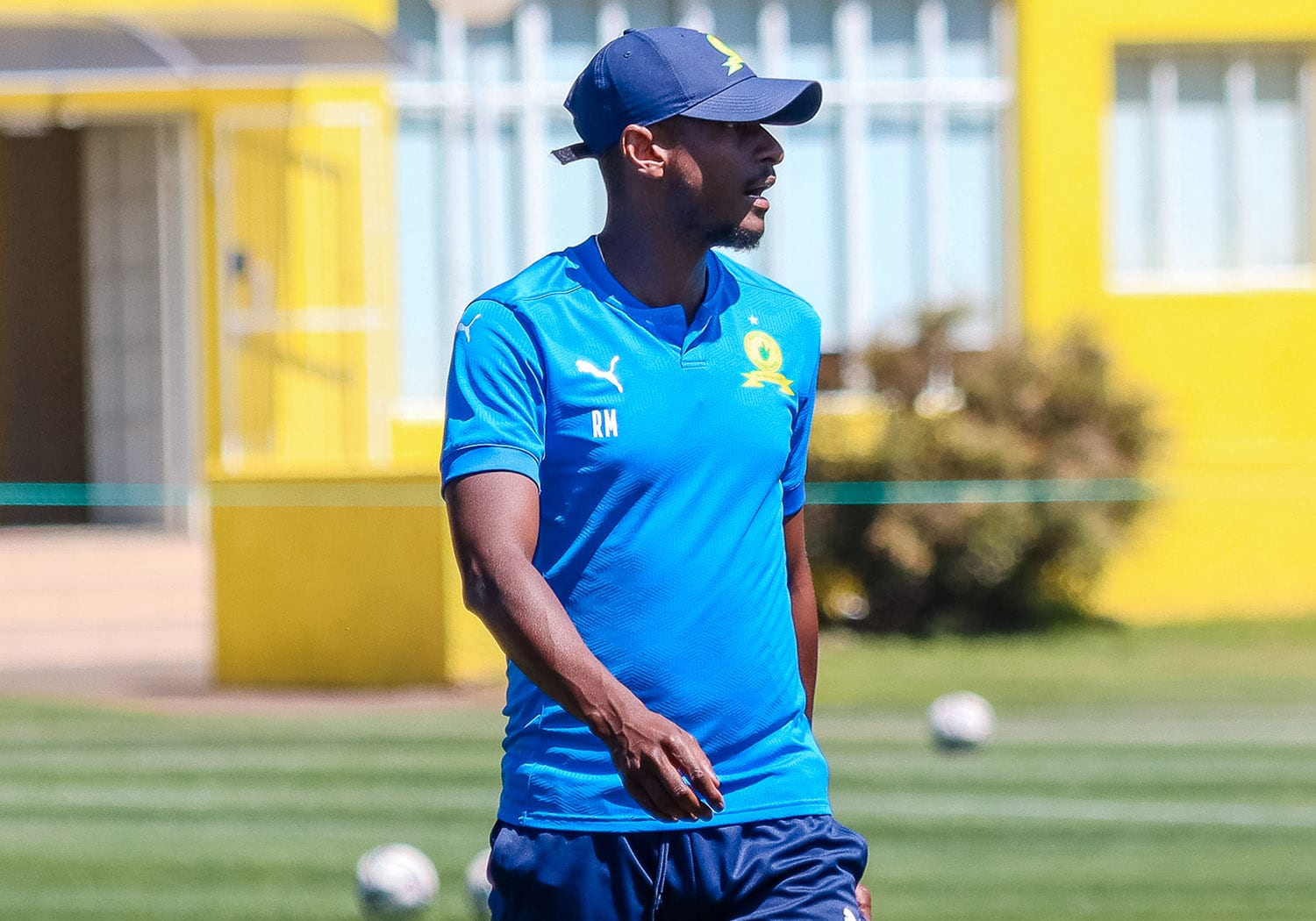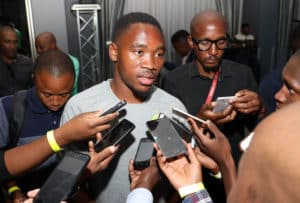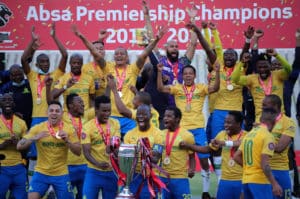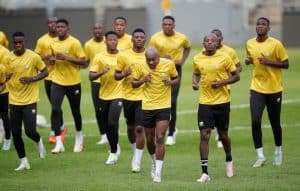Mamelodi Sundowns co-coach Rulani Mokwena has urged his side to be wary of Petro Atlético de Luanda after the two teams were drawn against each other in the quarter-finals of the Caf Champions League.
The final-eight fixtures were confirmed at Caf headquarters in Cairo on Tuesday afternoon, with Sundowns pitted against Petro Atlético de Luanda in the quarter-finals of the Champions League.
The Angolese giants will host Sundowns in the first leg in Angola before the Brazilians welcome Petro to Loftus Versfeld Stadium for the return leg.
However, the winners of the match between Sundowns and Petro will face the winner of the clash between Algeria’s CR Belouizdad and Morocco’s Wydad AC in the semi-finals.
“Petro are a very good side with good Champions League experience, they’ve been here for three seasons in a row. It’s their first time in the quarter-finals but what we’ve seen in the group is that they are a very capable team, they’ve scored nine and conceded eight,” Mokwena told his club’s official website.
“To accumulate 11 points in a difficult group for them means they are a very good team and they are sitting on top of the log in Angola – with 51 points from 21 games – and currently are the reigning Cup champions.
“Prior to getting there, we still have some important matches in the domestic league and an important Nedbank Cup game.”
He added: “[We have been in the same group before] but this is the Champions League, past results count for absolutely nothing, history speaks about what has happened, the future speaks to what could happen. Ours is just to continue to focus on the work that we do and try to play the game the way it is supposed to be played.
“They have a couple of players [who played the last time we met] and Sundowns also has a few that played [back then]. The reality is that the game is always changing every year and the Champions League gets harder and harder to play in, we just have to put all of our focus and energy into this tie.
“We’ll still do our research but the distance and proximity allow for a shorter flight and from a physiological perspective that assists the players. Of course, with easier travel, it becomes easier to work on match-specific preparation, with regard to work on and off the pitch – that’s where the big advantage is.”





